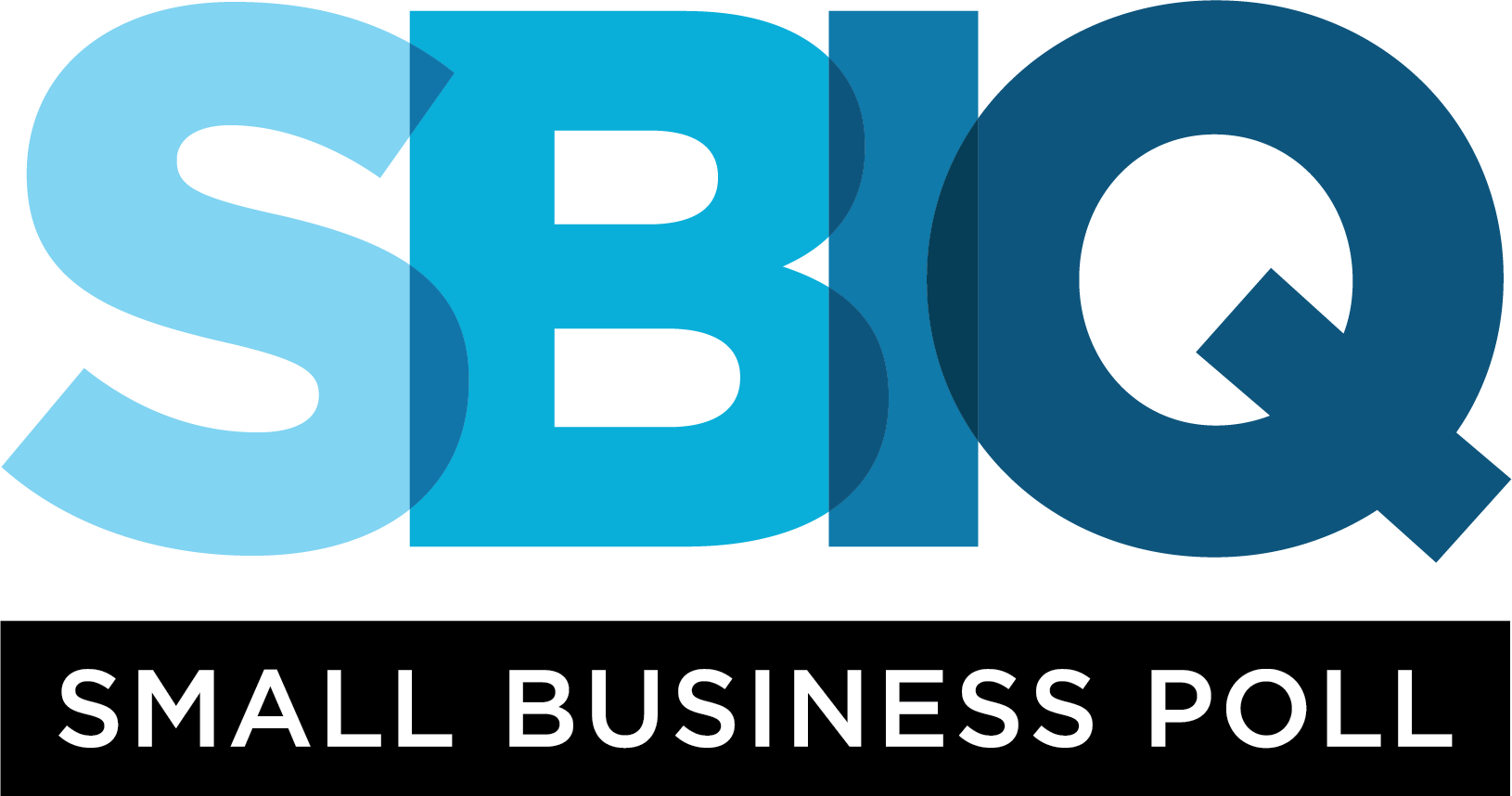Appeared in the Washington Examiner.
Three-quarters of small-business owners say President Joe Biden is not doing enough to beat back the country’s historically high inflation and untangle snarled supply chains, according to a new survey.
The survey, released on Wednesday by the Job Creators Network Foundation, found that a whopping 76% of respondents said in February that the president is failing to combat rising prices, up from the 68% of small-business owners who said the same in January.
Consumer prices rose 7.5% in the 12 months ending in January, the fastest pace of inflation in four decades and a substantial increase of half a percentage point from December’s number. On Thursday, new consumer price index numbers are set to be released. The consensus among economists is that inflation will accelerate even further to 7.9% for the 12 months ending in February.
Small-business owners also cited Biden for failing to do enough to fix supply chain problems. Some 74% said the administration is falling flat in its effort to shore up the country’s supply chains, a problem that has been occurring for months and has further driven up the rate of inflation as the supply of goods flowing can’t keep pace with burgeoning U.S. demand.
A weighty share of small-business owners, 65%, said that supply chain problems are negatively affecting their operations, up from the 60% who said the same when the survey was last conducted in January.
“Main Street is souring on the Biden administration as it fumbles to address high inflation and persistent supply chain disruptions,” said Elaine Parker, president of the Job Creators Network Foundation. “If small-business employers were grading Biden, his actions would get an ‘F.’ While the latest government report shows impressive job gains in February, the smallest small businesses are still facing harsh economic conditions.”
As COVID-19 restrictions such as mask and vaccine mandates are being lifted in cities across the country, there is little appetite to re-implement restrictions or lockdowns down the road from now, according to the survey. Seventy-five percent of the owners said future lockdowns with business restrictions would hurt small businesses in the United States.
Although, as the omicron variant of the coronavirus wanes, small businesses are slowly becoming less concerned that new waves of the virus will actually result in a material impact on their operations.
In December, when omicron was spiking, 82% of respondents expressed concern about future mandates that would be deleterious to their business. In the most recent iteration of the survey, the number who said the same has declined to 69%.
Meanwhile, given the tight labor market, small businesses are boosting wages as they struggle to hire and retain workers. The National Federation of Independent Business reported last month that half of small-business owners said they recently boosted pay.
The net 50% is up 2 points from December and represents the highest level since the metric started being tallied nearly five decades ago. Additionally, nearly half of small-business owners, 47%, said they had job openings that they couldn’t fill.
The economy far exceeded expectations last month and added 678,000 jobs in February, an encouraging sign that the labor market is returning to its pre-pandemic strength. The number of new jobs in January was also more than anticipated.



